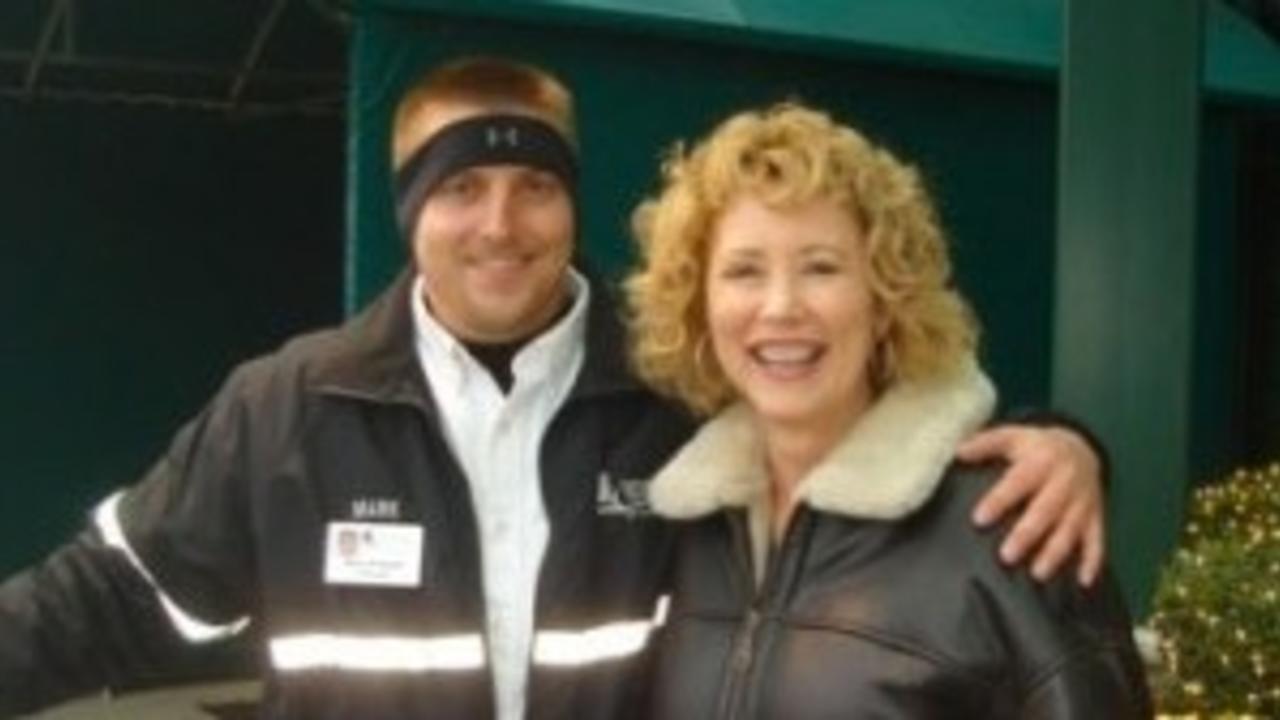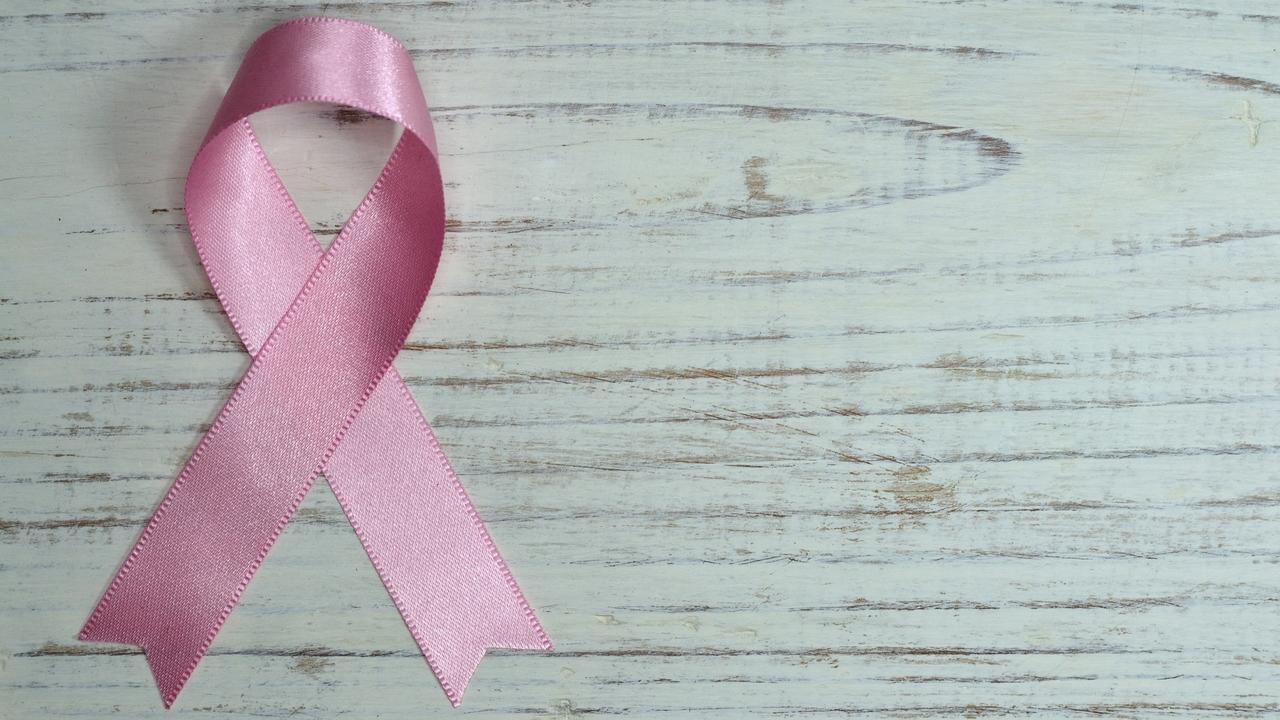Catching up with Karyn
My Pain is Not Like Your Pain!

How many times, for example, have you had a patient report Level 14 Pain – when you can get them to take a break from the animated conversation they’re having on one phone and text-fest they’re having on another? That patient is almost inevitably followed by a seriously injured person who protests that they’re "Just fine – can I go home now?" Talking them into having at least a few stitches to keep their innards in the usual places is a job in and of itself.
Humor To Help Keep Perspective
"Tragedy is when I cut my finger. Comedy is when you fall into an open sewer and die."
Mel Brooks made a critical point with this quote. It’s far easier to find humor in the things that happen to other people than it is to laugh at our own circumstances. Humor experts caution us to keep that in mind, both when we want to laugh at someone else’s situation and when people laugh at ours. Anyone of us could slip into a Pool of Unspecified Origin while en route to the call light – hats off to the nurse...
How Humor Helps: Pediatric Patients

"You either love working peds or you don’t work peds." I can’t tell you how many times I’ve heard this nursing 'wisdom.' There’s more than a grain of truth to it: generally, nurses who specialize in pediatrics tend to love their work passionately.
However, enjoying what you do doesn’t mean that you don’t have challenges on the job – and if you’ve never attempted to make a bed with one hand while holding a baby in the other and figuring out dosages by weight in your mind, you don’t know challenging! (And if you can master that, try finding scrubs that don’t show formula stains!)
Luckily, humor can help ease some of the challenges of pediatric nursing. Here are three ways humor helps make life with pediatric patients easier:
Humor Helps Make The Medical Environment Less Frightening For Our Patients
"Can you make my nose stop running?" Tyler looked up, wide-eyed. "Because I’m tired of boogers." The poor kid was sixty-nine hours into a twenty-four-hour bug that had been going around to...
Humor as a Cost-Effective Means of Stress Management

Humor as a Cost-Effective Means of Stress Management
Karyn Buxman, MSN, CSP, CPAE
(Originally published in Managing Employee Benefits, (1998).
Humor as a cost-effective means of stress management. Volume 6, Issue 2, pp. 74-78.)
U.S. workers consume 15 tons of aspirin a day. One in four workers suffers from an anxiety-related illness. Soon job stress may be the #1 reason for worker’s compensation. “Terminal professionalism” seems to be a sign of the times. But taking oneself too seriously can have some unpleasant side effects.
WHAT IS STRESS?
Stress is the body’s response to any demand or pressure. These demands are called stressors. Stressors include major life events, such as the death of a loved one or divorce. They entail chronic strains such as living in an abusive relationship. Stressors also consist of occasional strains, such as getting a flat tire in heavy traffic. (Source: Fact Sheet HE-2089, 11-91, Florida Cooperative Extension Service)
RESPONSE TO STRESS:
Stress requires the...
On Tour at Cancer Treatment Centers of America

 I absolutely love being self-employed. I’ve been my own boss for almost twenty years now. But if I were ever going to punch a clock for someone else ever again, I think I found where I would want to work: Cancer Treatment Centers of America. I had the opportunity to visit their facility outside of Chicago last week—they knocked my socks off!
I absolutely love being self-employed. I’ve been my own boss for almost twenty years now. But if I were ever going to punch a clock for someone else ever again, I think I found where I would want to work: Cancer Treatment Centers of America. I had the opportunity to visit their facility outside of Chicago last week—they knocked my socks off!
When you arrive at CTCA you are greeted by a couple of valet attendants, who for no fee (won’t even accept a tip) park your car for you and escort you inside. When you enter, immediately you begin to feel the warm energy emanating from this place. On the wall to your left is a brass tree with leaves bearing the names of patients who have celebrated at least 5 years of life since arriving. You then pass a large aquarium with beautiful fish on your left and a beautiful atrium with plants and soothing music to your right. A friendly person at the reception desk greets you and quickly determines how to best suit your needs.
The hospital looks more li...
Today’s Nursing Crisis: A Laughing Matter?

Did you hear the one about…? According to a recent study, one of every three U.S. nurses surveyed under age 30 plans to leave their jobs within the next year. One in five nurses plans to leave the profession within five years because of unsatisfactory working conditions. According to the Bureau of Labor Statistics, 450,000 additional registered nurses will be needed to fill the present demand. Experts worry about the year 2020, when the registered nurse shortage is projected to reach 500,000 positions, coinciding with the increasing need for healthcare in an aging U.S. population.
It's obvious that the state of health care today is no joke. But it may be a laughing matter if one understands the premise that humor oftentimes is generated by painful circumstances. There is nothing funny about unlimited resources, job security, or a physician who responds quickly and cheerfully to a nurse’s request. The things that make nurses laugh tend to be the very things that drive nurses crazy.
...Humor: The Heart of the Matter

Scientists continue to support what we’ve known to be true since Biblical times: “A merry heart doeth good like a medicine.” Studies in psychoneuroimmunology (PNI) have demonstrated that humor, laughter, and positive emotions have a positive effect on the immune system, and the respiratory system, and now evidence shows a link between a healthy heart and a sense of humor.
A team of Maryland medical researchers found in a study of 300 people (half of whom had histories of heart problems) that people with heart disease were 40 percent less likely to laugh in humorous situations than those with healthy hearts. “The old saying that laughter is the best medicine definitely appears to be true when it comes to protecting your heart,” said Michael Miller, director of the Center for Preventative Cardiology at the University of Maryland Medical Center.
People with heart disease were much less likely to even recognize humor. They also laughed less, even in positive situations, and generally d...
Humor, Cancer and Chronic Illness

“I’m not afraid of dying. I just don’t want to be there when it happens.” Woody Allen
Pat’s hand gripped mine tightly– her eyes glistened with mischief. “I so look forward to your visits. Everyone else around here is so darned serious! I wish they’d just lighten up a little.” I looked around the room and she was right. Her 58-year-old husband and 32-year-old daughter sat on the couch, looking as if a smile would shatter their faces into a million pieces. “Tell me something funny that happened to you this week,” she continued. “What’s that little boy of yours been up to now?”
Pat was one of several patients that I made home visits to as a nurse, following up after her chemo and radiation for a tumor in her neck and jaw. Physically she was doing fine and her outlook was tremendous. However, her family had an attitude that could sink a battleship. Even though Pat valued laughter, her family felt her condition was much too serious to permit using humor.
Despite the tremendous advanc...
What happened to The Journal of Nursing Jocularity?

Thanks for asking. I was Vice-President of the JNJ during its eight year stint and best friends with publisher, Doug Fletcher. Doug had a great vision when he created the JNJ and left a tremendous legacy. His untimely death, and the deaths of our friends and colleagues Bob Diskin (Too Live Nurse), Georgia Moss, and Diane Rumsey, left a huge void in the world of healthcare humor. In Doug’s honor, AATH has named its Lifetime Achievement Award after Doug (see www.aath.org)
Below is an announcement I created when we ceased publication of the JNJ. Barely a day goes by that I don’t think of Doug and smile.
The Journal of Nursing Jocularity was a quarterly publication for nurses and health professionals that was written, edited, illustrated and published by nurses and health professionals. The first issue was Spring, 1991; the last issue was the Spring, 1998. Filled with satire, true stories, cartoons, and all around funny stuff related to nursing and health care – it established its place ...

